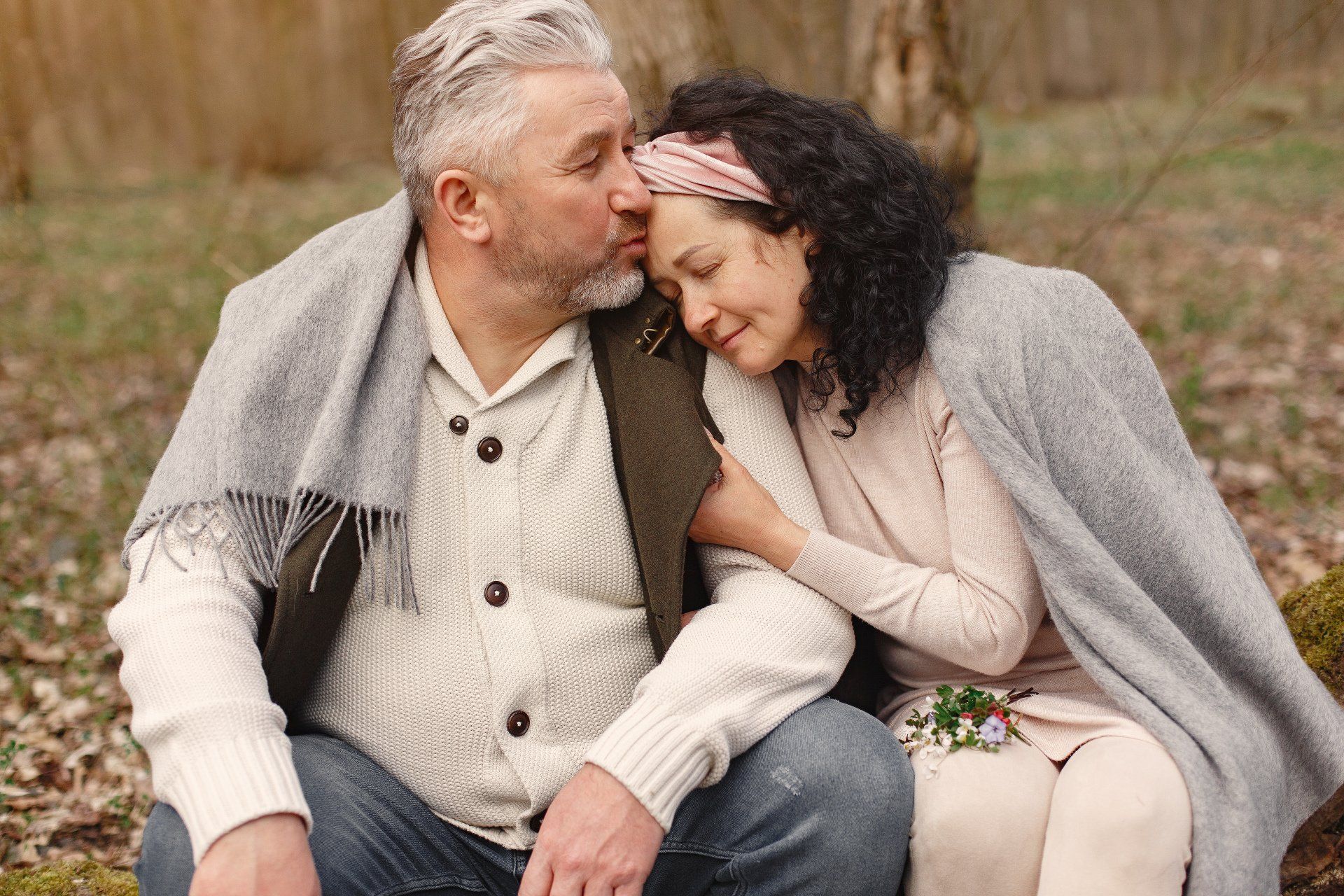For Immediate Assistance: 1-337-706-8941
Children's Grief Awareness Day
Hope for Grieving Children
Mourning the death of a loved one is never an easy process, and even more difficult for children. Bereaved youth are more likely to be expelled from school or repeat a grade, have difficulty concentrating, and most often experience a decrease in academic performance. They become socially withdrawn, and lose interest in activities which they used to love. But research shows that the more caregivers and other family members openly discuss the person and their loss, the more validated and “seen” these youngsters feel in their grief, which translates into happier and better adjusted kids.
But not so fast: on average children will mourn their loss for six or more years, much longer than the six or so months adults typically afford them. In my time volunteering at Healing House, I’ve learned the critical importance of support in these years following a death. The grief journey for each child could look different on different days: sometimes children may want to be left alone; sometimes they’ll become hyper-attached and clingy, or other days they'll withdraw or they’ll act out. What's most important for their wellbeing is that they feel supported and loved no matter how their grief is presenting itself.
Regardless of their behavior on any given day, these communication tips remain constant, and will help you navigate grief with them.
- Listen to them if they want to talk about the person who died. Yes, it will be uncomfortable, but fight the urge to rush to change the subject. Don’t try to fix the situation, or “look on the bright side.” Just listen.
- Sit with them even if they don’t feel like talking. Your presence will give comfort where words cannot.
- Text them to let them know you’re thinking about them. Ask how you can be helpful to them today.
- Keep some things the same. When everything feels upside down, consistency and routine feel warm and welcome. Ice cream after school to celebrate good grades, or watching a movie together on rainy days will tether young minds to the reality that not everything has changed.
If you are in the Acadiana area, Healing House is an incredible resource for families experiencing loss. The non-profit hosts children and caregiver support groups in their facilities on Beadle Rd., and also brings sessions to area schools. While they do not provide therapy or counseling sessions, the support groups do provide kids with a safe place for them to express their feelings, and meet other kids that are going through the same thing. Visit their website for more information:
www.healing-house.org


About Us
Obituaries
Services
Planning Ahead
Grief Support
Resources
365 Days of Grief Support
Sign up for one year of grief messages designed to offer hope and healing during the difficult first year after a loss
Please wait
Verifying your email address
Please wait
Unsubscribing your email address
You have been unsubscribed
You will no longer receive messages from our email mailing list.
You have been subscribed
Your email address has successfully been added to our mailing list.
Something went wrong
There was an error verifying your email address. Please try again later, or re-subscribe.
All Rights Reserved | Walters Funeral Home LLC.







